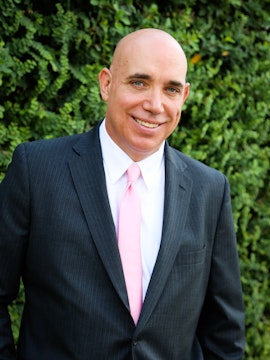What is the Difference Between Regular Community Supervision (Probation) and Deferred Adjudication Community Supervision (Probation)?
If you are placed on regular community supervision (probation), you are actually sentenced to a term of prison that is suspended. For instance, you may be sentenced to 10 years prison probated for a period of 5 years or so on. In short hand, this reads 10/5 or 10 years over 5 years. This sentence results in a final conviction. This means you will have a final conviction on your record.
A deferred adjudication community supervision (probation) is different in several ways. The most notable of which is that if you successfully complete the period of community supervision, you will not suffer a final conviction. Conversely, if you violate your community supervision rather than having a cap of X number of years, in the scenario above 10 years, you have the maximum period of incarceration hanging over your head during the entire period of community supervision. (The judge can offer a variety of sanctions for a violation up to and including the maximum period of incarceration.) Assuming that the above scenario involved a 2nd degree felony, this means you could be subject to 20 years in the Texas Department of Corrections (TDC) if you violate your community supervision.
In addition, in both scenarios you have waived your right to a jury trial to be placed on community supervision. This means that the state is only required to prove by a preponderance (more likely than not) of the evidence that any violation of the terms and conditions of community supervision occurred for you to be violated. Moreover, in both cases, this hearing is in front of a judge and a judge only.
It is important to consult with an attorney to determine if community supervision is right for you. It is also important to discuss your options. You may or may not be eligible for community supervision. Moreover, the state may not be willing to offer a deferred adjudication community supervision. You can call the Law Offices of Jason Trumpler at 512-457-5200 to discuss the specific facts of your case.


